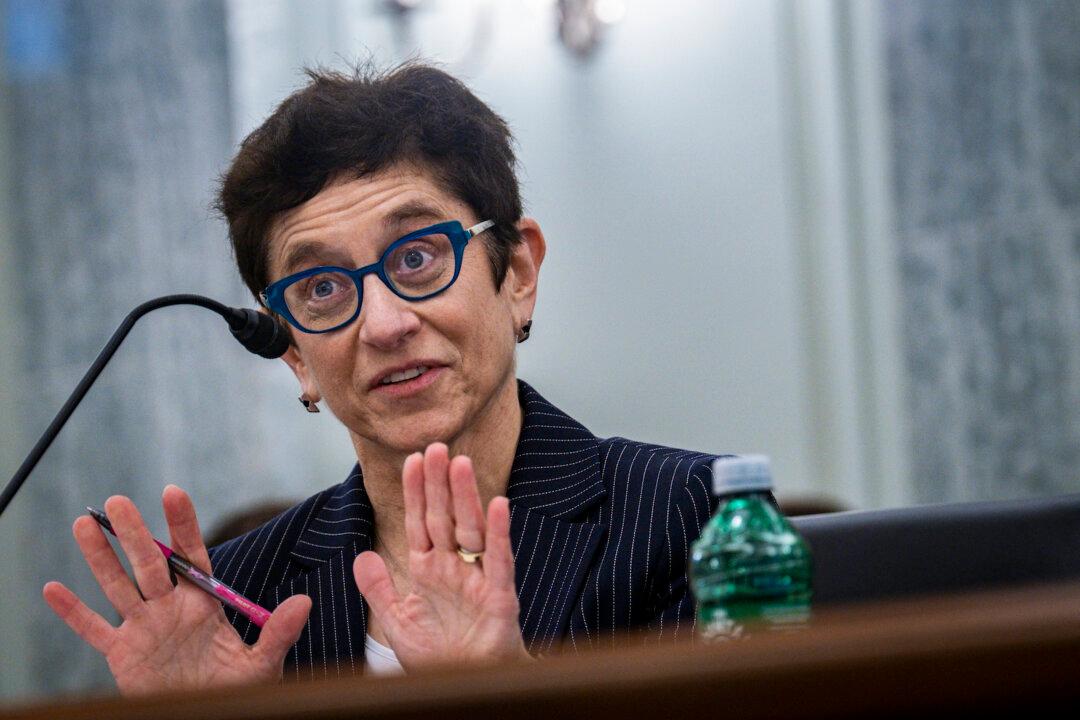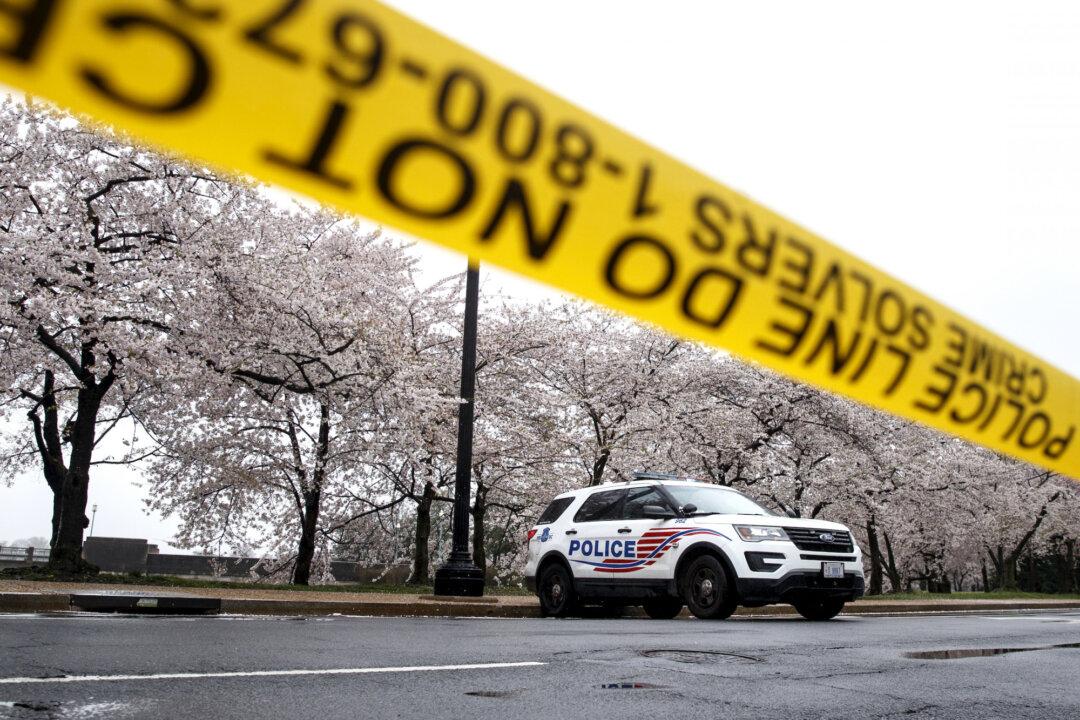Gigi Sohn, President Joe Biden’s nominee to fill the vacant seat on the Federal Communication Commission (FCC), announced on Tuesday her decision to withdraw from consideration.
Sohn said in a statement, first obtained by The Washington Post, that the “unrelenting, dishonest and cruel attacks on my character and my career as an advocate for the public interest” over the past 16 contentious months since Biden first nominated her for the position “have taken an enormous toll on me and my family.”




